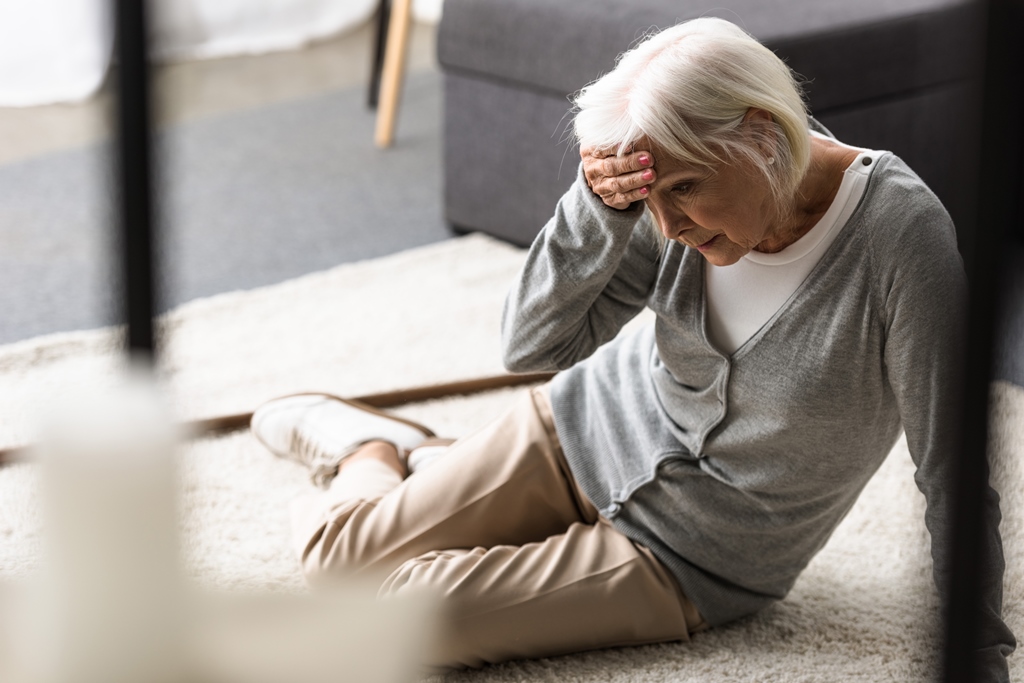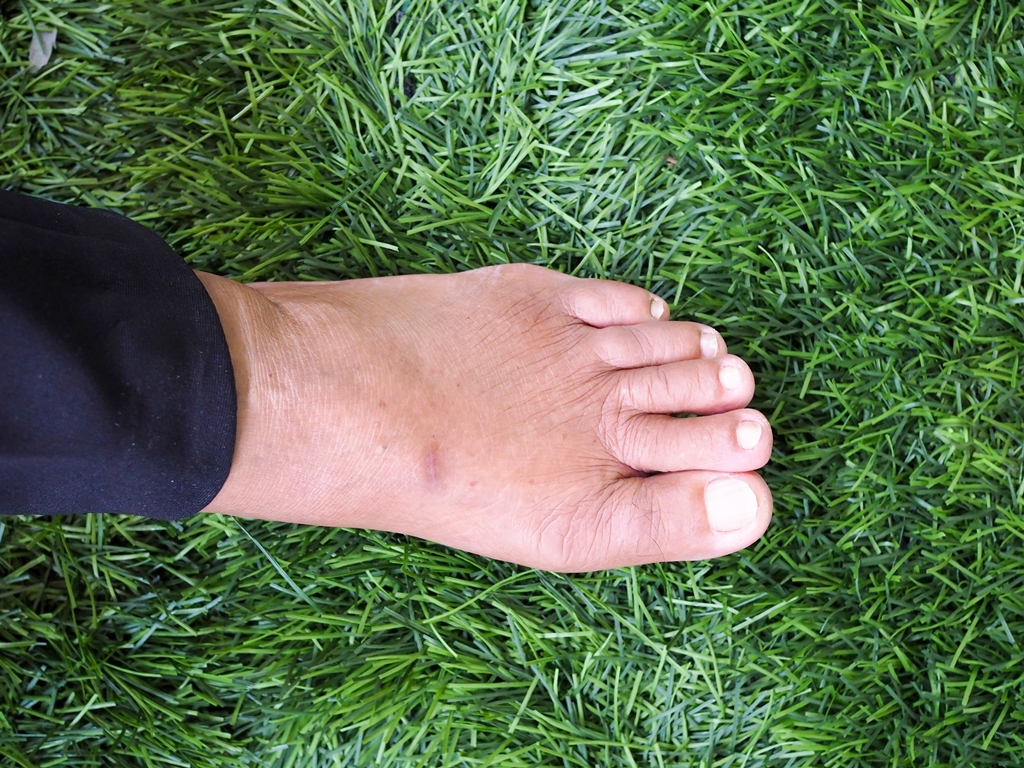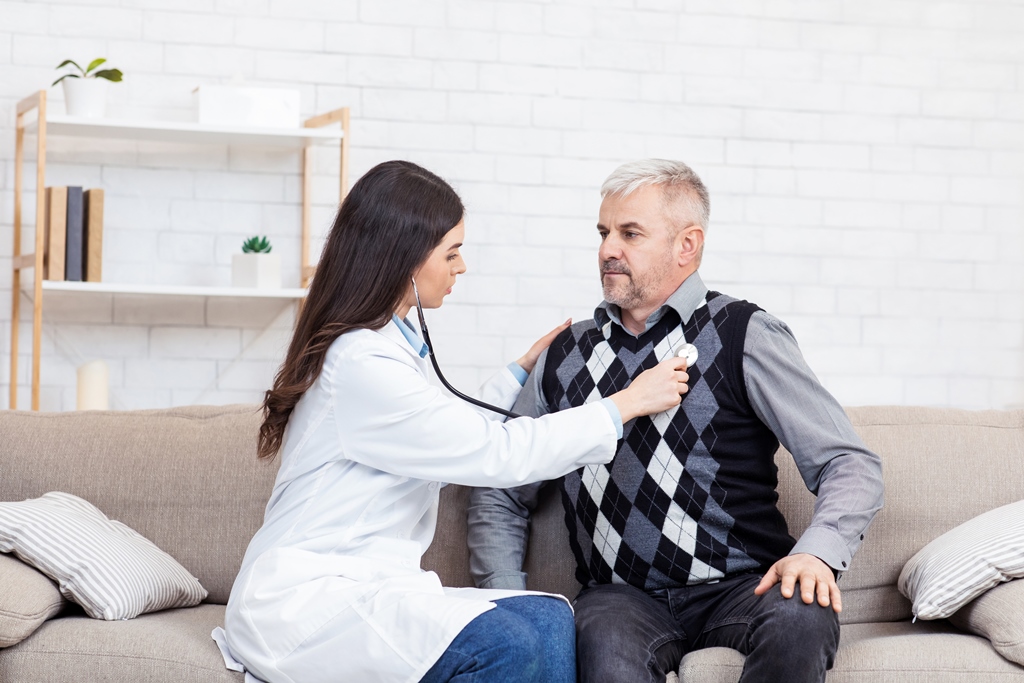As people age, the risk of developing heart disease increases. Accordingly, 80% of people who die of heart disease every year are people over 65 years old.
The heart is one part of the body that is most affected by age. One of the reasons that cause this is the loss of flexibility of blood vessels which can be caused by plaque formation on the walls of the arteries. When blood vessels become less flexible, the heart may have a harder time pumping blood to all parts of the body. Along with other factors such as poor diet, lack of exercise, smoking, and diabetes, the heart is at greater risk of heart disease.
Because of this risk, all seniors should have a regular check-up with their doctor and stay alert on the following signs of heart disease:
Chest Discomfort
Pain, tightness, and pressure in the chest are the most common signs of a heart in danger. This can mean that you have a blocked artery or you are having a heart attack. You can experience this sign while resting or doing physical activity and may last for a few minutes. The best thing to do when confronted with this symptom is to seek medical attention.
During a heart attack, a person can feel dizzy, have a hard time digesting food, and experience pain in the stomach and chest. He can also vomit. Although these signs can occur with other conditions, it is always best to consult your doctor.

Pain Radiating to the Arms
When pain starts from the chest and spreads to your arms, the most probable cause can be a heart attack. There may also be cases where there is no chest pain at all. In both cases, a check-up with a medical doctor is always necessary.

Lightheadedness
Feelings of dizziness that may even let you pass out for some moments can emanate from a lot of things. Maybe you have not eaten a meal all day or you rose from a sitting position too quickly. But you feel lightheaded with shortness of breath and chest pain. You probably are having a heart attack. Your heart can be all so stressed because of a blocked artery. This should warrant medical attention at once.

Jaw or Throat Pain
Pain and discomfort in the throat or jaw that have been there for some time may not have anything to do with a heart problem. This can be caused by a cold, sinus problem, or muscle strain on the area. But if the pain is transient and is radiated from pain in the chest, it is most probable that you are undergoing a heart attack. Calling 911 so you can get immediate medical attention can be the best thing to do.

Snoring
If you do not usually snore in your sleep and suddenly, you snore loudly in a gasping and choking manner, you may be experiencing sleep apnea. Sleep apnea is a condition where you may stop breathing for brief moments during your sleep. This can stress your heart, and so you need to see a doctor. You may be given a CPAP machine to correct your sleep apnea.

Sweating
Sweating even when you are just resting may still be okay during summertime. But if you suddenly sweat without physical exertion during the cold months of winter, it may be something that should alarm you. If it is accompanied by other symptoms mentioned here, you should see your doctor immediately.

Swollen Legs, Feet, and Ankles
If you have these symptoms, it may mean that your heart’s ability to pump blood is not as effective as before. Blood packs can be accumulated in the veins leading to pooling. Bloating in the lower extremities can also be caused by the kidney’s inability to flush salt and water. You have to see your doctor to determine the cause of bloating.

Irregular Heart Beat
You may get palpitations when you are nervous or have drunk too much coffee. But if you experience prolonged palpitations and more frequently, you have to see your doctor. It might be a sign of atrial fibrillation which should be treated.

Every senior with heart disease may exhibit different symptoms from the others. One can only have a few of the symptoms above. In contrast, some may have the most symptoms while others may have none at all. Sex can also be a factor regarding the occurrence and severity of some symptoms. For example, women are more prone to experience chest discomfort, nausea, indigestion, and stomach pain. To decrease your risk of heart disease and the complications that come with it, regular checkups and following your doctor’s advice can be the best thing to do.

